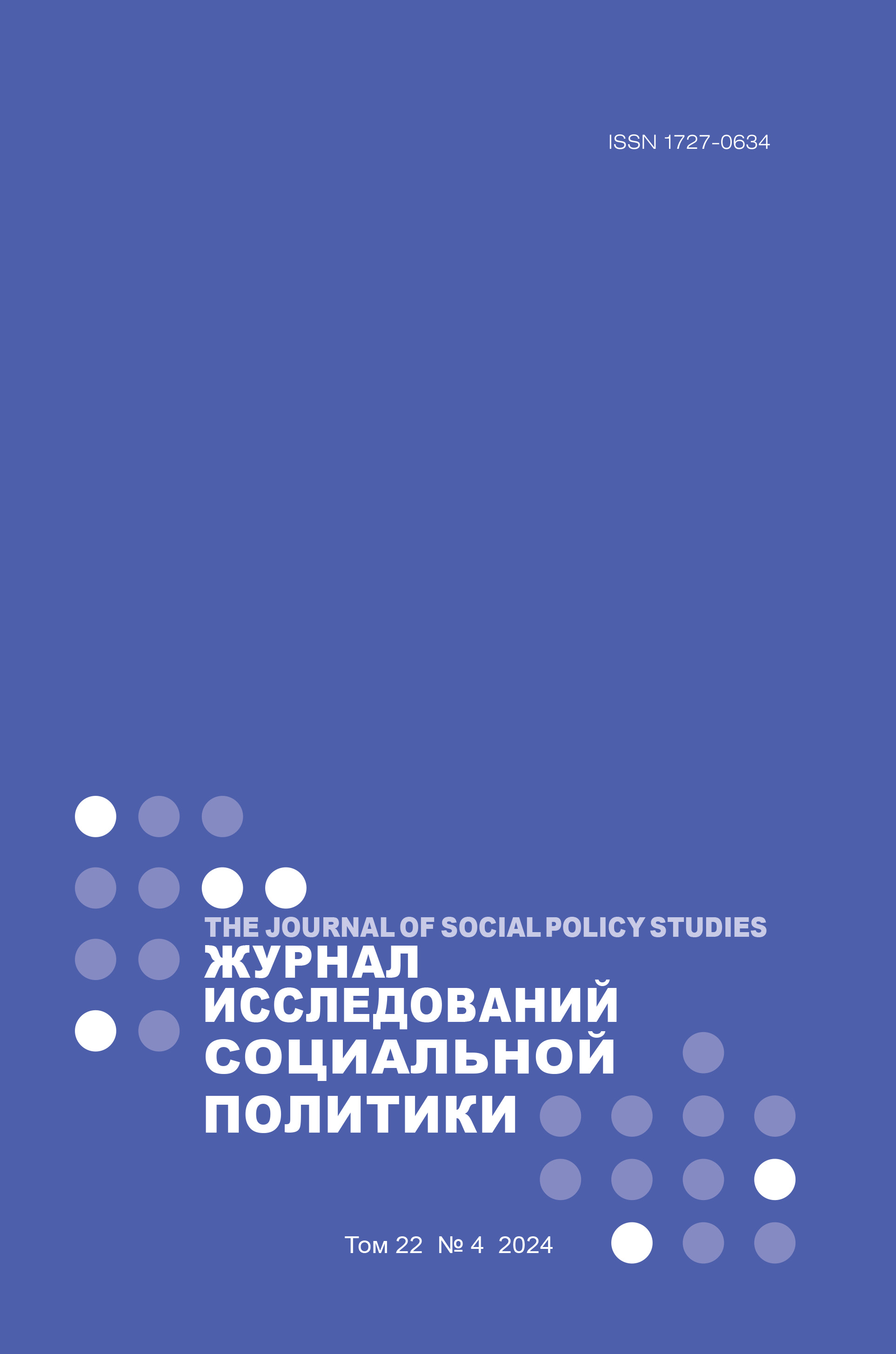Social Policy of Armenia in Conditions of Instability
Abstract
In recent decades, Armenia has faced serious challenges related to population displacement, limited state resources, and growing dependence on international aid. The authors draw attention to the inefficiency of social protection and support mechanisms and highlight the need for strategic approaches to social risk management. The article addresses key issues within the Armenian social protection system: its reactive nature, lack of proactive measures, and insufficient integration of professional social work. The authors emphasize the existing gap between the strategic goals outlined in policy documents and the actual mechanisms used in practice. The lack of clear protocols and preparedness for emergencies creates additional difficulties during humanitarian crises, while the use of traditional resource distribution mechanisms only partially meets the needs of displaced persons and low-income populations. The article discusses the problem of policy fragmentation, where macroeconomic and social policies are not coordinated. As a result, economic growth does not always translate into poverty reduction and improved living conditions for the most vulnerable groups. The authors stress the importance of developing new approaches aimed at empowering citizens and implementing programs that promote the activation of low-income populations, including linking social benefits to employment. The paper makes a number of recommendations for improving social policy, emphasizing the need for closer coordination between different sectors, strengthening the role of social work, and developing strategies aimed at risk prevention and adapting the system to changing conditions. The article contributes to the discussion on social welfare in conditions of instability.















